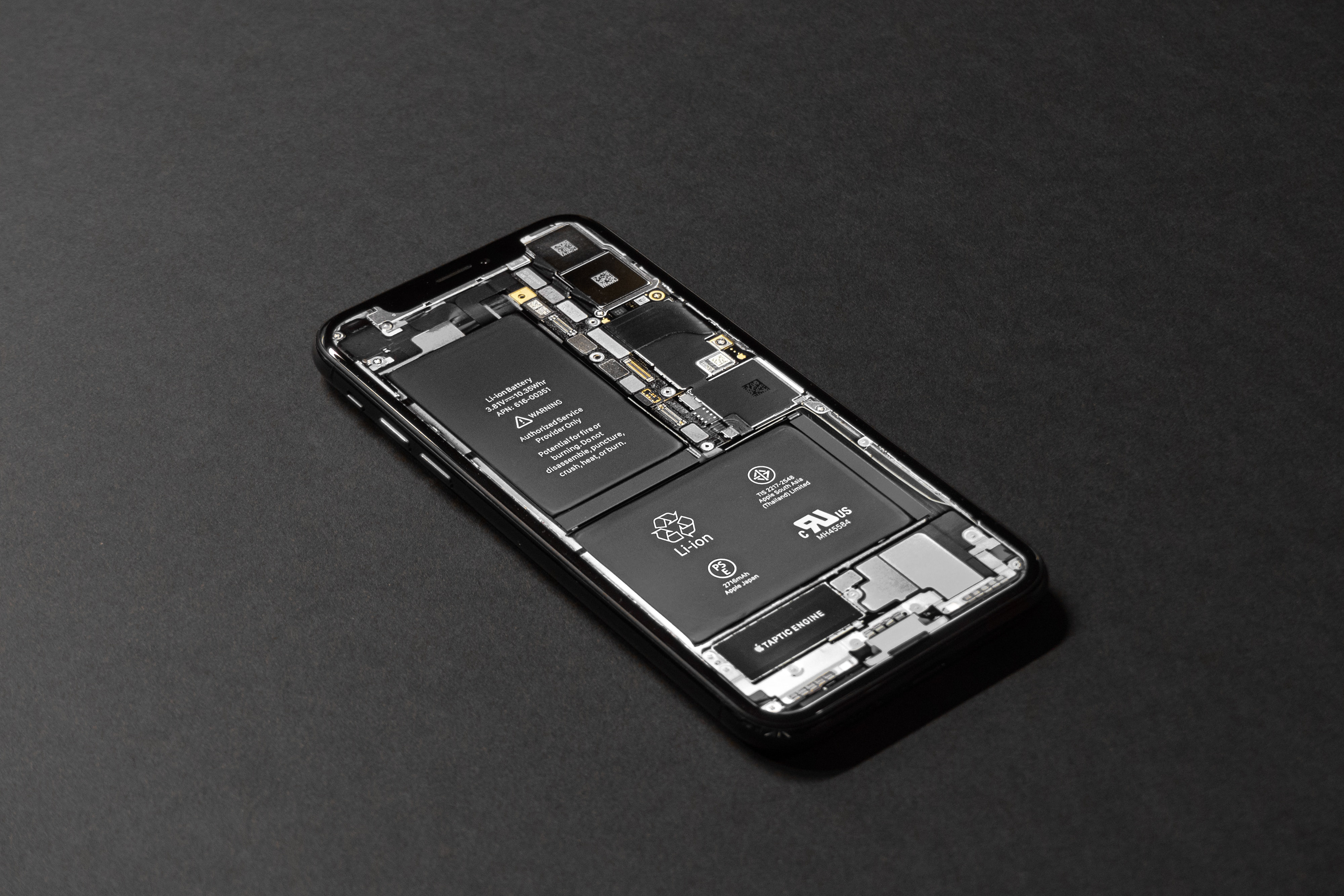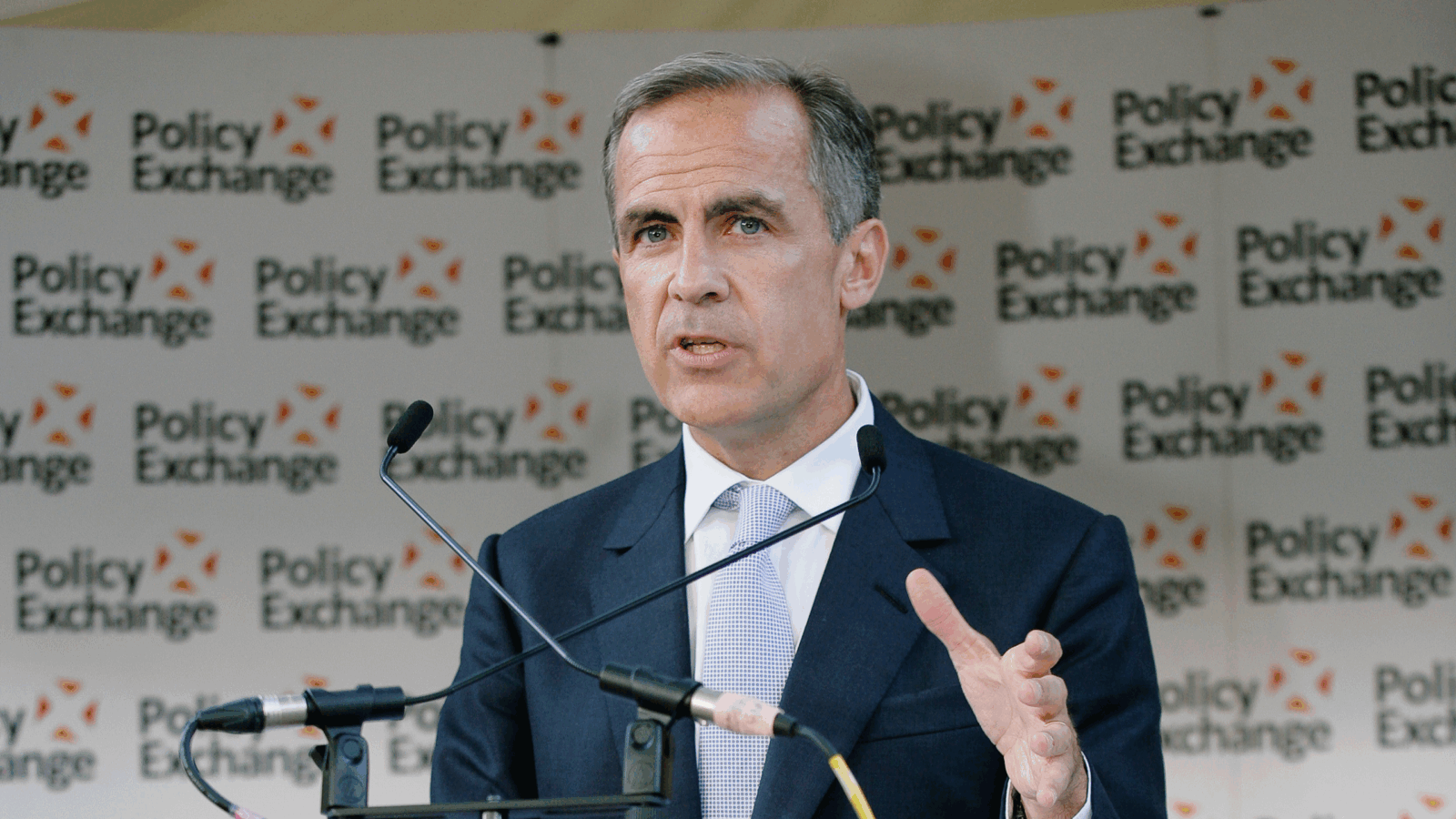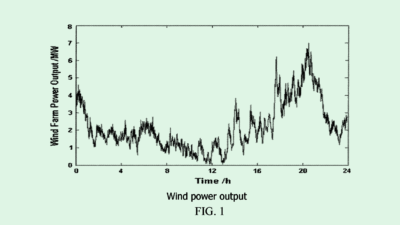
Sign up for smart news, insights, and analysis on the biggest financial stories of the day.
As it prepares for a future beyond black gold ExxonMobil is turning to silvery-white gold.
Exxon, a name synonymous with the oil industry in the US, has taken the first steps toward doing business in a future where the world is less dependent on petroleum. Sources told The Wall Street Journal that the largest offshoot of John D. Rockefeller’s Standard Oil is now on the hunt for lithium. Fitting, given one of its labs was the actual birthplace of the first lithium battery in the 70s.
Keeps Going, and Going, and Going
Lithium, the lightest metal on the periodic table of elements, is used for all sorts of modern products – cell phones, laptops, smart watches, tablets – generally as the main component of their batteries. Lithium batteries charge quicker, last longer, and provide more power than conventional lead-acid batteries.
And now with car makers taking huge steps away from the internal combustion engine to usher in the true era of the electric vehicle, the need for lithium has punched through the sunroof. As the automotive industry pivots, so too does the fossil fuels sector:
- Exxon purchased 120,000 acres in Arkansas’ Smackover Formation from exploration company Galvanic Energy for more than $100 million, sources told the WSJ. The area has been known for its rich oil deposits since the early 1900s, but just last year, Galvanic Energy reported the area has enough lithium to produce batteries for 50 million cars.
- It’s not quite an immediate needle-mover for the $430 billion market cap Exxon, but it’s a way of expanding its reach to other materials while still focusing on its flagship product. Oil will remain Exxon’s bread and butter for the foreseeable future, but its new venture into lithium is kind of like adding margarine to the breakfast table.
“It’s a classic hedge against the prospect of eventually declining oil demand,” Pavel Molchanov, an analyst at Raymond James, told the WSJ.
There from the Beginning: The Smackover deal marks a return to the lithium market for Exxon, which pioneered the industry roughly half a century ago. Chemist Stanley Whittingham helped develop the lithium battery while working at Exxon in the 1970s. The market proved too small at the time to justify all the research, digging, and production, but in 2019, Whittingham received a Nobel Prize for his efforts, and now lithium-ion batteries are the most popular form of energy storage.











